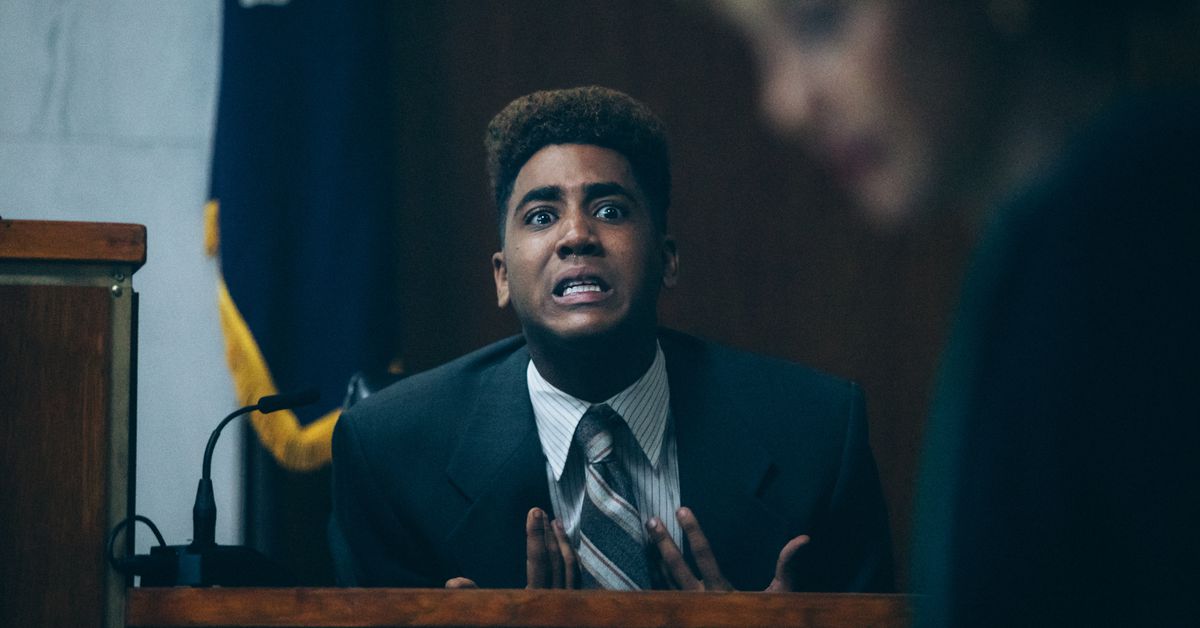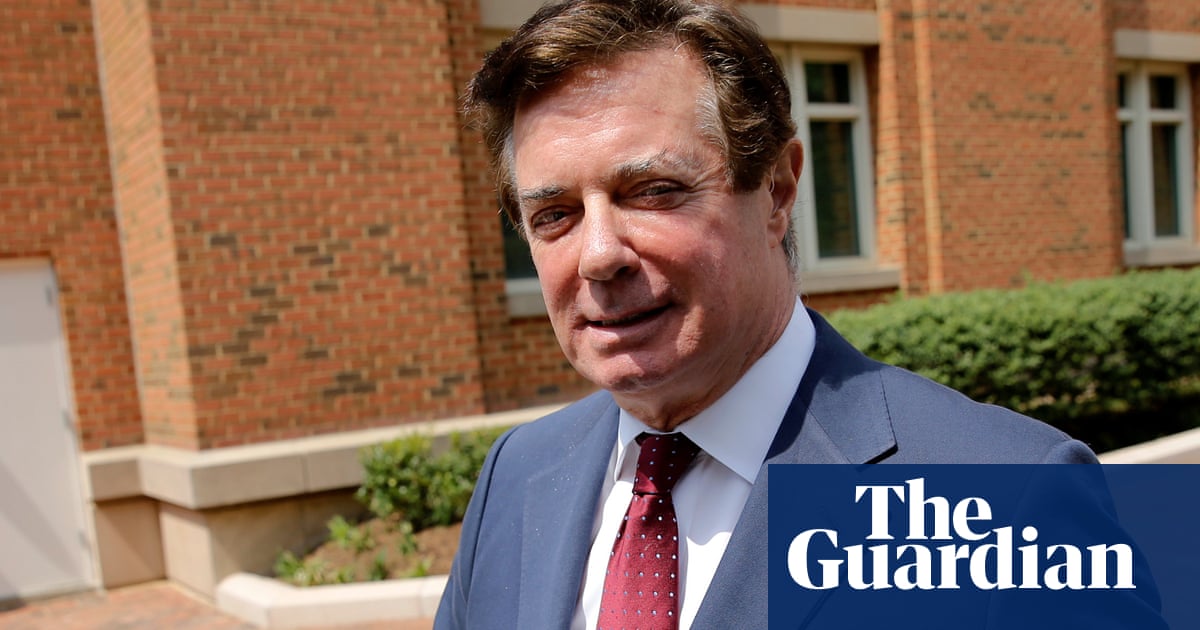Experts Matter. Find Yours.
Connect for media, speaking, professional opportunities & more.

Confronting the Fake News Phenomenon with Credibility
Fake news is suddenly big news. A quick browse this morning and the topic is featured in articles and stories in The Guardian, CNN, Forbes, Reuters, iPolitics and The New York Times. Explaining fake news, finding its source, its effectiveness and how to counter it are all top of mind priorities for journalists, politicians and even technology leaders. Fake news is eroding the trust the public has in its leaders and media and something must be done soon. We need to see a return of intelligence and knowledge to present true facts. In this new era, issues such as climate change, economic data, security, crime and healthcare policy -people without qualifications are being asked to speak on topics that require years of study, research, and experience. Opinions — not always informed opinions — are taken as fact. To reverse this trend, institutions need to work with the media to present a more balanced set of perspectives. We need to see academics, physicians, professionals, and leaders in their respective fields contribute more to these big conversations. It won’t be easy, but it is possible. ExpertFile is the world's first marketing platform and search engine for expert content. The company specializes in providing media access to thought leaders and thousands of experts who are objective, credible and whose opinions are sought and respected worldwide. Now more than ever – the public needs trustworthy sources of accurate and unbiased information. Peter Evans is the CEO and Co-founder of ExpertFile. His experience and expertise has made him a leader in the realms of innovation, marketing and digital software. He is a respected speaker and a sought-out panelist for technology, marketing and innovation events throughout the world. Peter is available to speak to media regarding fake news and how technology companies are fighting back. Simply click on his icon to arrange an interview. Source:

Covering cyber-security and internet crime? Let our expert help with your stories
The internet just turned 50 and along with the celebration and progress comes with it concern about crime, cyber-security and how all that data that’s moving along the information super-highway is kept secure. It seems every almost daily now there are stories of data-breaches, corporations being hacked, computers being held ransom and rogue nations looking to steal secrets or even launch attacks online. Beyond personal security, the world is on heightened alert around countries' elections, as international interference has become a real threat to national security. If you’re a journalist covering this beat – let one of the leading experts in the country help with your stories. Thomas J. Holt is a professor in the School of Criminal Justice at Michigan State University whose research focuses on computer hacking, malware, and the role of the Internet in facilitating all manner of crime and deviance. His work has been published in various journals including Crime and Delinquency, Deviant Behavior, the Journal of Criminal Justice, and Youth and Society. Professor Holt is available to speak with media about these issues – simply click on his icon to arrange an interview today.

Central American Aid & Immigration
Assistant Professor Carmen Monico recently penned an article examining the Trump administration’s plan to use cuts in aid to El Salvador, Guatemala and Honduras to pressure those countries into curtailing the migration of their citizens to the U.S. The article, “Is Cutting Central American aid going to help stop the flow of migrants,” was first published by The Conversation, and has been picked up by a variety of media outlets. In her research and as a media resource, Monico draws from her work in Guatemala examining how programs to reduce crime and violence in the country can help retain at-risk youth who may feel pressured to leave their home country. She has extensively examined the forces that have compelled unaccompanied children and teens from Guatemala, Honduras and El Salvador to leave behind their homes and families. If Dr. Monico can assist with your reporting about these complex immigration issues, please reach out to Owen Covington, director of the Elon University News Bureau, at ocovington@elon.edu or (336) 278-7413. Dr. Monico is available for phone, email and broadcast interviews.

The recent release of the Netflix series “When They See Us” about the Central Park Five raises questions about the power of the media in the public’s perception of news stories. The narrative is different with this production than it was in the media when the trials were going on, and still today, the media has the power to shape – or sensationalize – a news story. In this version, the four-part series attempts to portray what happened and just how this tragic event impacted so many lives for so long. “Over the course of the series, the audience watches the boys, who are all between 14 and 16, get coerced into confessing to a crime they didn’t commit. … While other dramas of this kind often focus on victims and investigators, the focus here is on the accused. It’s a haunting story that shares a space with the innumerable podcasts, films and limited-run docuseries that try to rationalize and memorialize true crime incidents of years past.” – VICE.com Films – and the way they are made – are changing, and some are attempting to change the public’s perception of how actual historic events in America happened. This comes with benefits and no doubt, risks. What challenges do writers and directors take on when trying to tell a true story from our past? How has this been done correctly – and what happens if it fails? And is it up to the entertainment industry to educate audiences about the truth in our collective past? There are a lot of questions, and that’s where the experts from Augusta University can help. Dr. Matthew Buzzell is an award-winning, Emmy-nominated filmmaker whose films have screened at festivals the world over and been broadcast nationally on PBS, Turner Classic Movies and Netflix. Matthew is available to speak with media at any time – simply click on his icon to arrange an interview.

Justice is Not Only Bought, it's Racist!
After reading pieces in the Guardian and other news outlets, I find the assumption many news analysts, reporters, and commentators are making regarding Paul Manafort's sentence tone deaf. Yes, we all know money talks. And we also know that money has the ability to influence the legal outcomes within the U.S. justice system. But what people are not talking about, and should, is that his final sentence handed down by Judge TS Ellis, was rooted in racialized bias. Ok, let's just say, it had racist undertones. I know what many will say, "Race has nothing to do with the case." Well, it actually does. First, Paul Manafort has been essentially convicted of lying to federal officials, obstruction of justice, excessive felonies. And one can not forget about the morally reprehensible acts regarding collaborating with foreign governments bent on toppling the United States. He received 47 months. On the other hand, Judge TS Ellis, in 2009, was the presiding judge in the Representative William J. Jefferson of Louisiana case. Jefferson was indicted on 16 charges of corruption and later convicted. Judge Ellis did not give him 47 months. Jefferson was initially sentenced to 13 years for bribery. At the time, it was considered the longest sentence ever handed down to a member of Congress. This includes not only for the charge of bribery but any other crime. Looking through Ellis' convictions, a trail is visible. This is an old trail that is aligned to nothing but systemic racism.

Expert on Virginia Constitution available to comment on gubernatorial removal, succession issues
John Dinan, a Wake Forest University politics and international affairs professor who specializes in the study of state constitutions and is the author of the book The Virginia State Constitution, can answer questions about the process in Virginia for removing a governor from office and what happens if a governor is removed or resigns. Removing a governor from office The Virginia Constitution provides two pathways for removing a governor from office. First, the Virginia Constitution allows for impeachment in cases of "malfeasance in office, corruption, neglect of duty, or other high crime or misdemeanor." Similar to the process in place at the national level, it takes a majority vote in the house to impeach an official and a two-thirds vote in the senate for conviction and removal from office. Second, in a provision that roughly tracks the 25th Amendment to the U.S. Constitution and was intended to apply to cases of physical or mental disability, a governor can be deemed "unable to discharge the powers and duties of his office,” as determined either by the attorney general, senate president pro tem, and house speaker acting together or by a majority vote of all members of the legislature. Such a determination triggers a process that ultimately requires a three-fourths vote in the house and senate to remove a governor on the ground of inability to discharge the powers and duties of the office. Succession to the office of governor When a governor leaves office before the end of the term, he is succeeded by the lieutenant governor. In case the lieutenant governor’s office is vacant, the attorney general would become governor. In case the office of attorney general is vacant, the house speaker would become governor. In any of these situations, someone assuming the office of governor mid-term would not be prohibited from running for and serving another full term in office, despite Virginia’s prohibition on a governor serving consecutive terms. Succession to the office of lieutenant governor In the event the lieutenant governor succeeds the governor and therefore the lieutenant governor’s office becomes vacant, the senate president pro tem would discharge the duties of the lieutenant governor, while continuing to serve in the senate. The governor is then permitted to appoint someone to fill the vacancy in the lieutenant governor’s office, with this appointee serving until the next scheduled general election (November 2019), when an election would be held to fill out the remainder of the original term. Succession to the office of attorney general In the event of a vacancy in the office of attorney general, the position would be filled by a person selected by a majority vote of all members of the legislature, as long as the legislature is in session, and that person would then serve the remainder of the original term. If the legislature is in recess, then the position would be filled temporarily by an appointee of the governor and that person would serve until the legislature is next in session and would select someone to fill out the term. Broadcast Television and Radio Studio Information Wake Forest operates a fully-equipped, professional television and radio studio to connect experts with global news media. Video interviews can be coordinated through LTN Global Communications’ Smartcloud IP video transport service that provides regular high-quality video transport connections to most major broadcast networks. Audio interviews are coordinated through ipDTL, an IP codec used for remote radio broadcasts as well as voice-overs. ipDTL replaces classic ISDN audio codecs and has backward compatibility. Details available here.
Sink or Swim. Can Brazil avert an impending PR disaster if the Summer Games fail?
Soon the Olympic Games begin in Rio de Janiero. What should be a point of pride for Brazil has been reduced to a cause for concern and worry for athletes, tourists, and international organizers. As August 5 approaches, Brazil has been plagued by police protests, an upswing in crime, outdoor rowing venues steeped in dangerous bacteria and an outbreak of Zika virus that has scared away some of the best athletes in the world. Hosting the Olympics should be a hole in one for countries and cities looking to showcase and market themselves a destination for tourists and visitors. The Summer Games are essentially a 16 day long PR campaign. That is unless the hosts are not ready. With less than three weeks to go, can Rio get its house in order in time to welcome athletes and media from around the world? Professor Michael Lewis is an Associate Professor of Marketing at Emory University’s Goizueta Business School. Professor Lewis is an expert in sports marketing and is available to speak to media about whether or not Rio will be ready and what the consequences could be if the upcoming Summer Games are a failure. Source:

With precious time until the Olympic Games begin in Rio de Janiero, what should be a point of pride for Brazil has been reduced to a cause for concern and worry for athletes, tourists, and international organizers. Concerns have ranged from venue readiness, Zika virus, bacteria- infested water and most importantly -- security. Brazil is currently in political turmoil. Police and firefighters have been protesting and striking after going unpaid, body parts have been washing ashore and crime is rampant. In fact, in the first five months of 2016, 2,083 murders were reported (14 percent more than last year). With the world watching and the quality of security coming into question, is there reason to worry about the safety of our athletes or a potential terrorist threat at the Summer Games? Lieutenant General P. K. "Ken” Keen is a retired U.S. Army Officer and the Associate Dean of Leadership Development at Emory University’s Goizueta Business School. General Keen is available to speak to media regarding security issues of such large events, potential threats, what athletes and visitors should consider if attending the Olympics. Source:







